Category: genomics
The Long Road to Population-based Genomic Screening

Since 2012, the CDC Office of Genomics and Precision Public Health (OGPPH) has identified three autosomal dominant conditions for which there exist evidence-based recommendations to prevent morbidity and mortality from either cancer or heart disease. Using our evidence-based framework, we have collectively labeled the following conditions as tier 1 genomic applications: 1) hereditary breast and Read More >
Posted on by 3 CommentsBeyond Tuberculosis: BCG Vaccine and Epigenetics
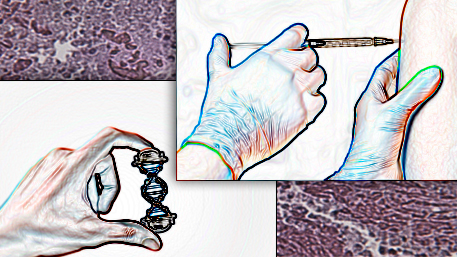
Tuberculosis (TB) infection is spread from person to person by respiratory droplets containing the bacterium Mycobacterium tuberculosis. This infection mainly affects the lungs and may be fatal if left untreated. TB remains a leading cause of death worldwide. In 1921, a live attenuated vaccine, called the BCG vaccine, was introduced to protect against TB. The Read More >
Posted on byToward More Precision in Implementation Science in the Age of COVID-19
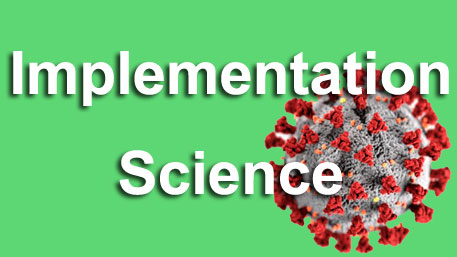
Implementation science (IS) is “the study of methods to promote the adoption and integration of evidence-based practices, interventions, and policies into routine health care and public health settings to improve the impact on population health.” The various factors that must be taken into consideration in designing, conducting, and evaluating IS studies dictate an inherent “precision” Read More >
Posted on byAccelerating Precision in Public Health Surveillance and Response
When our communities face a health crisis, the research, clinical, and public health worlds come together and collaborate. Public health programs drive toward prevention, diagnosis, and treatment of the population, but they need the support and guidance of data-driven research behind them every step of the way. While most of the data needed to accelerate Read More >
Posted on byGenetic Counseling in the Time of COVID-19

Genetic counselors play an important role in clinical genetics by helping patients understand their genetic health risks. Due to the COVID-19 pandemic, most clinics and hospitals have restricted in-person delivery of non-essential healthcare services, including genetic counseling, to slow the spread of the virus. However, delaying genetic counseling can be problematic, for example, when genetic Read More >
Posted on byImplementation Science to Improve Case Finding, Cascade Screening, and Treatment for Familial Hypercholesterolemia: A Prototype for Precision Public Health Research
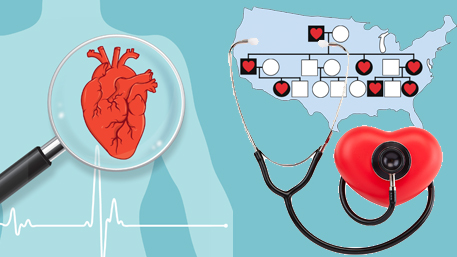
Familial Hypercholesterolemia (FH) is a common genetic disorder, affecting more than 1 million people in the United States. FH causes lifelong high levels of low-density lipoprotein cholesterol, and if untreated, leads to a high risk of premature coronary heart disease. Most patients with FH are undiagnosed or inadequately treated with regular or high-intensity statins, leaving Read More >
Posted on byHow Can Evidence Synthesis be Conducted at the Speed of a Pandemic?
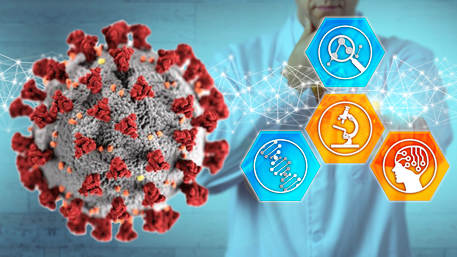
Since December, 2019, SARS-CoV-2, the virus that causes COVID-19, has rapidly spread around the world. The global pandemic has led to numerous scientific publications in basic, clinical and public health science and increased pressure to act on evidence as it emerges. Typically, research is done to inform decisions over time and is disseminated to the Read More >
Posted on byThe Public Health Impact of COVID-19: Why Host Genomics?

Throughout human history, zoonotic pandemics have periodically resulted in catastrophic human morbidity and mortality exceeding war, famine, and natural disasters combined. Modern era medicine and public health have made remarkable advances, but vulnerabilities have also increased with unprecedented world population growth, greater interaction with wildlife, and the dramatic expansion of international air travel. Viral diseases Read More >
Posted on by 1 CommentManipulating the Human Microbiome for Precision Public Health: Prospects and Challenges
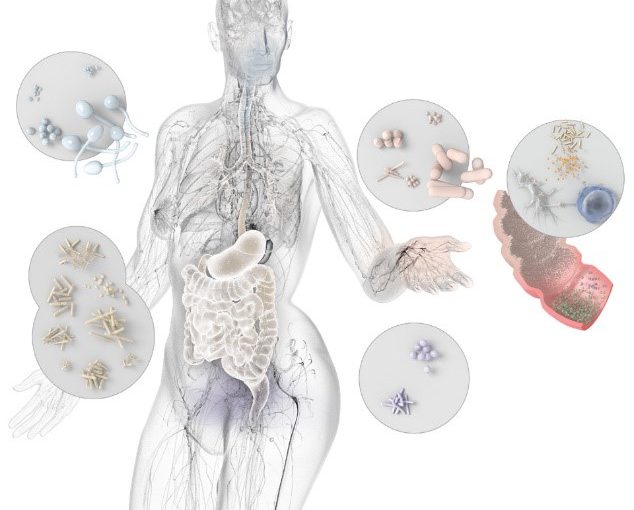
Spotlight on the Human Microbiome The human microbiome has a crucial role in driving public health science and initiatives towards more “precision”. In a recent viewpoint and podcast, Harkins, et al. discuss the potential and current applications for manipulating the human microbiome for disease prevention and management. The authors describe several examples of microbiome manipulation Read More >
Posted on byIn the Era of Public Health Emergencies, Interoperability Rules are a Beacon for More Precision in Public Health
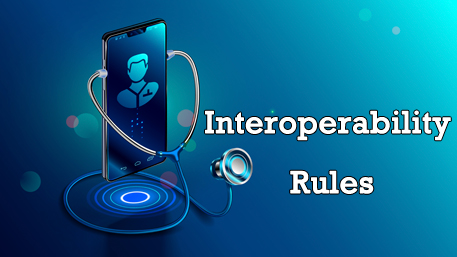
In the current wake of COVID-19, it is evident that the public health ecosystem needs to modernize how we gather, make sense of, and disseminate data from multiple sources. The health threats we face today spread wider and change faster than the data flows our traditional approaches were designed to accommodate. Becoming more adept with Read More >
Posted on by

